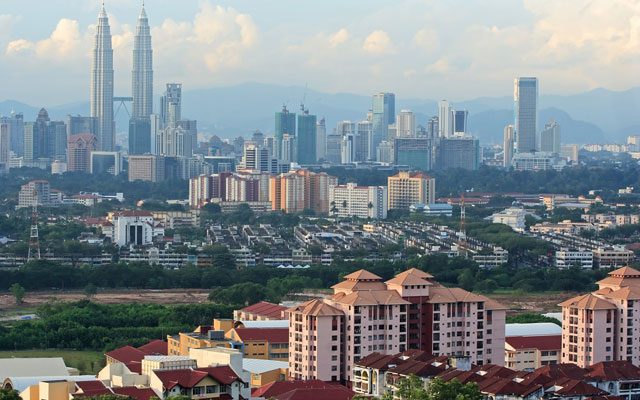In spite of increased tourist arrivals to the country, hotel occupancies in Malaysia have fallen. Much of the blame has landed on the influx of short-term rentals, a sector which remains unregulated.
A2.7 per cent growth in tourist arrivals to 6.7 million in 1Q2019 failed to lift market sentiment for Malaysia’s hospitality sector. In lieu, the hotel industry saw a 1.5 per cent decline in national occupancy to 64.2 per cent, from 65.7 per cent in 1Q2018, revealed a recent report by the Malaysian Association of Hotels (MAH).
With 39 per cent of arrivals from neighbouring Singapore, it’s possible a good number of tourists may have stayed with friends and relatives, or gone home after midnight.

However, what has hoteliers more concerned is the other likely contributing reason for the occupancy drop – the influx of unregulated short-term accommodation services such as Airbnb, said MAH’s CEO Yap Lip Seng.
In July, Airbnb reported it had more than 53,000 listings in Malaysia and that it welcomed some 3.3 million guests to the country between July 2018 and July 2019, a staggering 73 per cent year-on-year growth.
“The number revealed by Airbnb is a worrying 21 per cent of legitimate hotels,” said Yap, comparing the figure to the Tourism, Arts and Culture Ministry’s database of 250,000 legitimate hotel rooms nationwide.
But such unregulated short-term accommodation services, said Yap, are negatively affecting the Malaysian tourism industry where the average occupancy rate of hotels was only 56 per cent in 2018.
Yap said the association welcomes regulation of short-term accommodation services and also called for a study to look into where short-term rentals could work for the industry, such as in rural areas.
“Kuala Lumpur has an oversupply of rooms. Allowing short-term accommodation rental services in the city centre is not helping. The government needs to act fast – every minute, valuable tourism dollars are leaked out of the system through unregulated businesses such as Airbnb,” lamented Yap.
Uzaidi Udanis, president of Malaysia Tourism Council agreed. “(We urge) the government to make it a level playing field for hotels to compete. Hotel regulations should also be relooked to consider reducing the number of permits required,” he suggested.
Uzaidi, who is also president of the Malaysian Inbound Tourism Association, called for more collaboration between hotels and tour operators to develop value-added packages that include tours. This will enable hotels to earn better revenue, grow market share and compete more effectively against Airbnb which offers dry rooms and tours and activities, he said.
“It is a better strategy than dropping rates to compete,” he stated.
Malaysian Association of Hotel Owners’ executive director, Shaharuddin Saaid, thinks regulating the hotel sector could have an even bigger impact than the introduction of the tourism tax.
“We need to find ways to attract more tourists. We are now competing with emerging destinations like Vietnam and Cambodia, and established ones like Thailand and Singapore. We cannot keep selling the same products and attractions we did 20 years ago,” said Saaid.




















